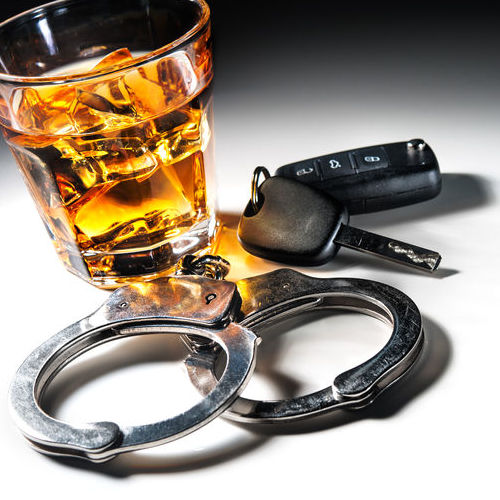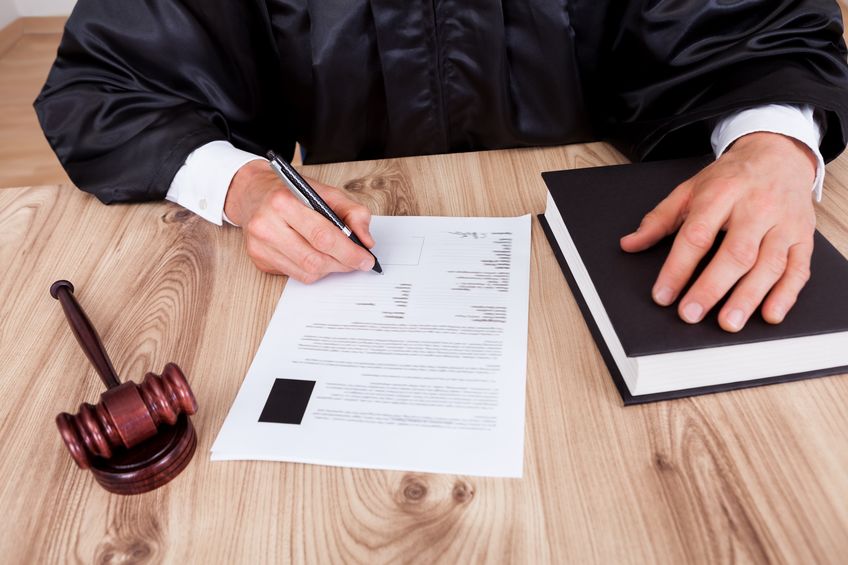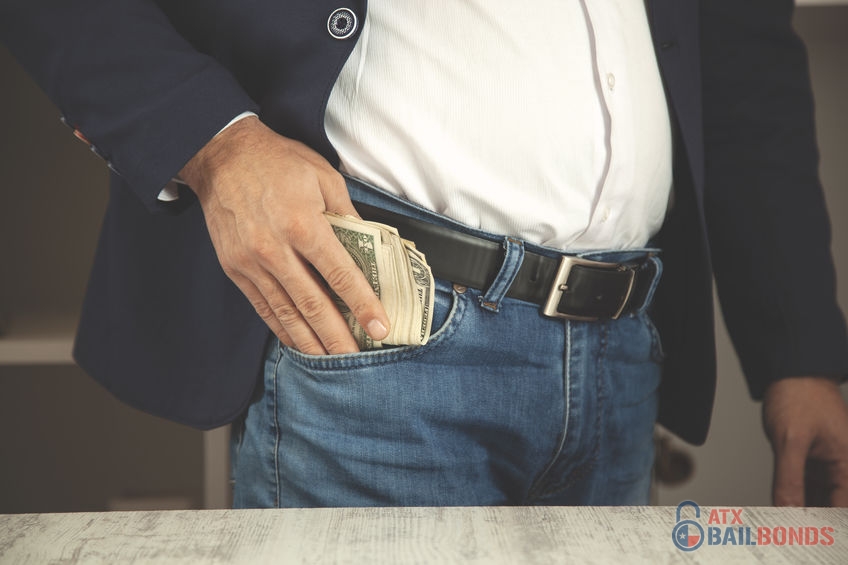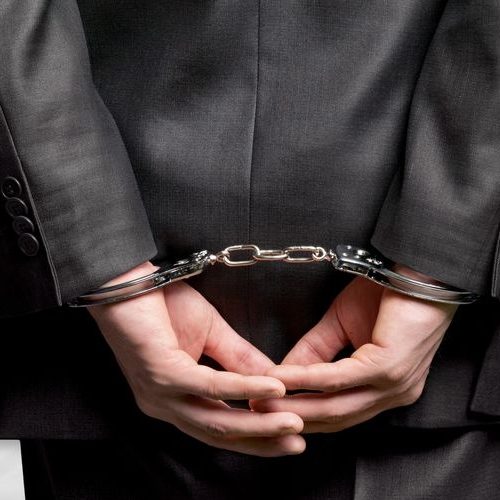
Help With an Active Warrant Search
Before we answer that question about an active warrant search, let’s discuss, “What is a warrant?”, and the answers is, there are two different types of warrants in the law environment.
An arrest warrant which gives law enforcement the authorization to detain a person and hold them in custody.
A search warrant gives law enforcement the authority to conduct a search for evidence believed to be linked to a crime.
Essentially, a warrant gives law enforcement, through a judge, to engage in what would be an un-Constitutional activity. A warranty isn’t required for law enforcement to place a person under arrest for any wrongdoing.
So, what does active warrant mean? This means that any of the above warrants has been issued for your arrest or search your property and the action has not taken place. Until the arrest or search has been completed, it remains an active arrest warranty or an active warrant search. For more help with an active warrant search in Austin, TX, connect with ATX Bail Bonds at 512.834.2245.
What does it mean to have an active warrant?
There has been an arrest warrant or a search warrant that has not been completed and closed is considered an active warrant. Search is possible to see if there is an active warrant in your name, which we will address further into this article.
How are you notified of a warrant?
Every state has their own procedures and protocol. In Texas,a defendant shall be served a summons by delivery person-to-person, they may leave the summons at their place of residence, or with another person who knows the defendant and is of legal age and discretion living in the residence. It may also be mailed to the last address on record for the defendant.
If the active warrant search finds a place of residence and the warrant is for a felony charge, law officials have authority to kick down the door if there is no answer or occupants decline to answer the knock. Law officials are not required to have a copy of the warrant on their person when serving the summons.

How do I find out if I have active warrants?
A person doesn’t have to commit a horrific crime to draw the court’s attention. An arrest warrant can be for something like unpaid parking or speeding tickets, or a missed court appearance, and you may not even know there is an arrest warrant in your name. If you are concerned about an active warrant, search for one in any of the following methods:
Look on local county websites under courts or sheriff’s department. The smaller the county, the longer it may take for those records to be updated. We recommend it to check frequently until you have found the warrant. Warrants for violent charges are not always posted.
For a federal active warrant search, contact the federal court in the district the crime occurred.
Bail bondsman often have access to the county database where active warrant search can be productive.
Hire a criminal attorney. They have access to several databases that the public doesn’t. You’ll be required to hire the attorney to represent you, but you’ll have an answer to your active warrant search.
There are third-party websites that offer active warrant searches for a fee. This usually requires a credit card to be kept on file.
Another option to resolve our active warrant search is to call or go in person to a local police station, or have another person make the call for you. There is always the risk of being arrested while at the police station performing your active warrant search.
Is a warrant a public record?
Yes, any active warrant search is open to the public in Texas Criminal records in Texas are generated and distributed by the law enforcement agencies in different jurisdictions unless they are marked confidential. There is a Criminal Records Service operated by the Texas Department of Public Safety that serves as the central repository for the state.
How can I check if I have a warrant in Texas Online?
Persons with an active warrant search will find details of arrests, convictions, dispositions, probations, prosecutions, and adjudications through the TDPS online database. However, unlike most criminal record sources that use separate non-standardized digitization processes and protocols, the information may vary between the different jurisdictions and subjects.

Closing Words
If you’ve been curious on how to find an active warrant, this article has provided several options. Hiring a criminal attorney is the best source, because if you have an active warrant out with your name, you will probably need the services of an attorney. Having one from the very beginning of your active warrant search is always excellent advice. For more help with an active warrant search in Austin, TX, give our team a call at 512.834.2245.




















